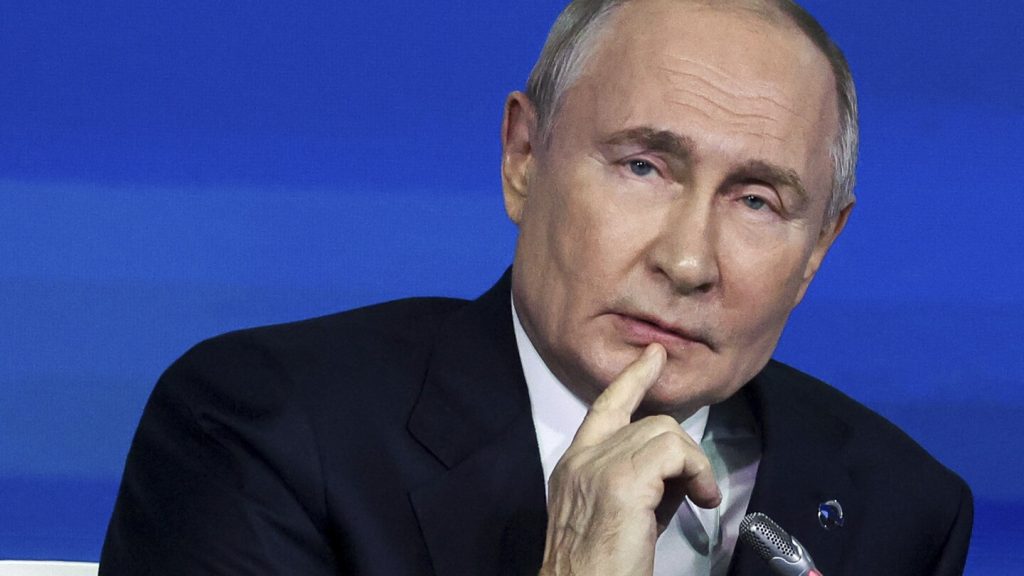The Kremlin and the Trump administration have both denied reports that President Vladimir Putin spoke with President-elect Donald Trump about the war in Ukraine. The Washington Post first reported the conversation, with Trump allegedly advising Putin not to escalate the conflict. However, Kremlin press secretary Dmitry Peskov stated that there was no such conversation and called the report “completely untrue.” Trump’s communications director also refused to comment on the alleged call, calling it a private matter between world leaders.
There are currently no specific plans for a conversation between Putin and Trump, according to Peskov. He mentioned that contacts between the two leaders before Trump’s inauguration are a possibility, as Trump had previously stated that he would call Putin before taking office. Despite this, Russia’s presidential administration and Foreign Ministry denied having any contact with Trump’s campaign after the election. During his campaign, Trump had promised to quickly resolve the conflict in Ukraine, but did not provide detailed plans on how he would achieve this.
Russia has been intensifying its attacks on civilian areas in Ukraine as the war approaches its 1,000-day mark. The conflict has seen a significant uptick in violence, with Ukraine responding by sending a massive wave of drones towards Moscow and its suburbs over the weekend. This escalation in hostilities comes at a time when tensions between Russia and the West are already high, particularly in light of Russia’s annexation of Crimea in 2014. The situation in Ukraine remains a key international issue, with many eyes on how the incoming Trump administration will handle the conflict.
Putin had previously congratulated Trump on his election victory and praised him for his “brave” behavior during an alleged assassination attempt in July. The relationship between the two leaders is of great interest, given Trump’s more conciliatory stance towards Russia during his campaign, in contrast to the Obama administration’s more adversarial approach. The conflicting reports about the alleged conversation between Putin and Trump highlight the complexity of the US-Russia relationship and the challenges of navigating diplomatic communication between the two countries.
The denial of the conversation between Putin and Trump underscores the sensitivity surrounding US-Russia relations and the need for clear communication between the two governments. With both sides offering conflicting accounts of the alleged call, it remains unclear if and when the two leaders will engage in direct talks about the situation in Ukraine. The ongoing conflict in Ukraine, as well as Russia’s broader foreign policy goals in the region, will be key issues for the incoming Trump administration to address as it navigates its relationship with Moscow and seeks to advance US interests in the region.


